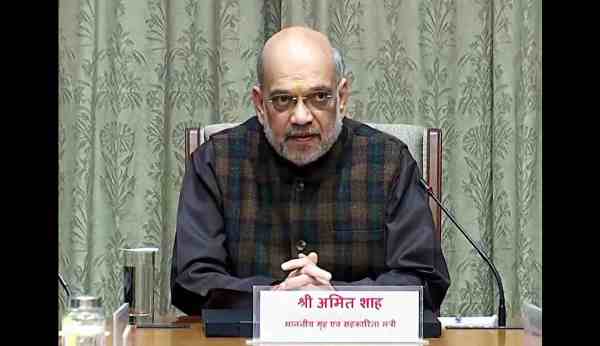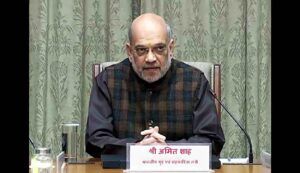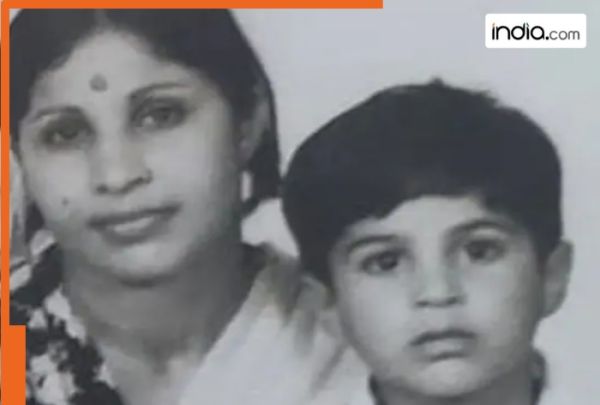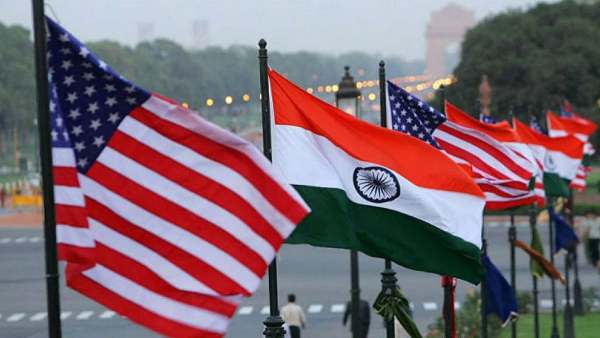
New Delhi: The Ministry of Home Affairs (MHA) said Monday that Union Home Minister Amit Shah would preside over the 25th Central Zonal Council meeting, which will take place in Varanasi, Uttar Pradesh, on Tuesday.

Along with two senior ministers from each state, the chief ministers of the member nations will attend the summit. The conference will also include top officials from the Central government, as well as the chief secretaries of the state governments and other high-ranking officials.
The states of Chhattisgarh, Madhya Pradesh, Uttarakhand, and Uttar Pradesh make up the Central Zonal Council.
The Ministry of Home Affairs’ Inter-State Council Secretariat is working with the Uttar Pradesh government to organize the conference.
Five Zonal Councils were created in accordance with Sections 15 to 22 of the States Reorganization Act of 1956. The Chief Ministers, Lieutenant Governors, and Administrators of the member states and Union Territories are members of these five Zonal Councils, which are chaired by the Union Home Minister.
The vice-chairperson among these members is the chief minister of one of the member states, who takes on this role annually. Two ministers are chosen by the governor of each member state to serve on the council. Additionally, a permanent committee at the chief secretary level has been established by each zonal council. States first submit their suggested issues for debate to the relevant Zonal Council’s permanent committee. The remaining matters are brought to the Zonal Council meeting for further discussion after being examined by the permanent committee.
Prime Minister Narendra Modi has emphasized the need to use competitive and cooperative federalism to further the nation’s overall growth.
The Zonal Councils serve as a crucial forum for fostering mutual cooperation by offering a formal framework for interaction and debate on matters impacting two or more states, or the Center and states, in line with the idea that strong states constitute a strong country.
Although the Zonal Councils have an advising function, they have been instrumental in fostering strong ties of understanding and collaboration across a range of domains in recent years. Over the last eleven years, 61 sessions of the different Zonal Councils and their permanent committees have been conducted with the assistance of all state governments, central ministries, and departments.
The establishment of Fast Track Special Courts (FTSC) to expedite the investigation of sexual offenses against women and children, the provision of physical banking facilities within each village’s designated area, the deployment of the Emergency Response Support System (ERSS-112), and other regional-level common interest issues like bolstering urban planning, education, health, nutrition, and the cooperative system are among the broad issues of national importance that are also discussed by the Zonal Councils.
-
Iran Strikes US Air Base In Qatar, Calls It ‘Mighty Response To America’s Aggression’, Doha Airspace Shut

-
Meet actress who played the role of a serial killer, played the role of a dreaded villain, left everyone speechless, film is…, her name is…

-
This boy in photo was thrown out of house by his father, made a living by selling paintings, is now a popular actor, can you recognise him? he is…

-
This film earned Rs 500 crore but was still called a flop, lead actors were…, movie name is…

-
US Visa Applicants Must Change Social Media Settings From 'Private' To 'Public': US Embassy In India
